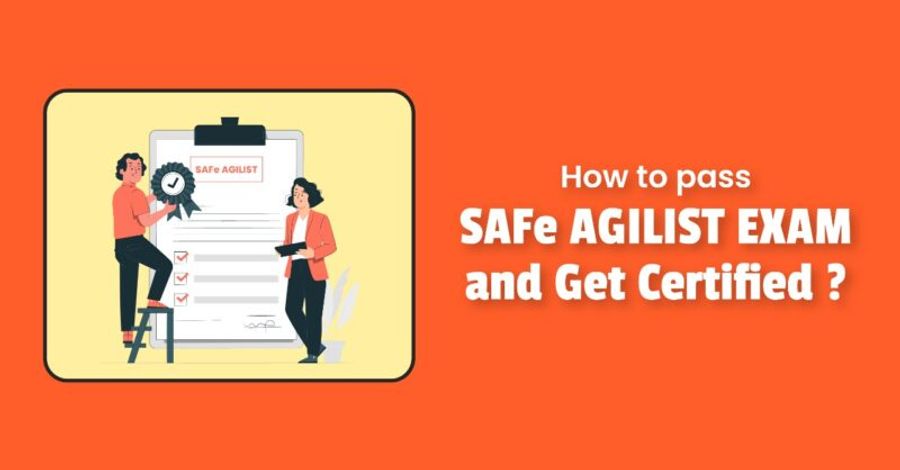If you have student loans, you might be paying them off for decades. Your home loan, utility bills, and auto loan payments may prevent you from paying off your student loan on time. If you are having difficulty making payments on your student loans, try negotiating with your lender. In some cases, you may owe less than the amount settled.
If you experience any of these symptoms:
- Your loans have defaulted (or are close to default).
- A lump-sum payment will be given to settle your outstanding debt.
- The alternative is to file for bankruptcy.
Table of Contents
How Does The Student Loan Settlement Work?
In a Student loan negotiation, you repay your student loans for a lower amount than what you currently owe. Lenders might be willing to settle if you have some cash in your bank account and are in default on your loans. This option is good if you cannot pay off your debts right away and you are behind on them.
You will receive a settlement that varies depending on your lender. Another lender may demand 90 percent of your loan, while one accepts 50 percent. Often, if you cannot repay your debts in another manner, lenders will accept a settlement.
When Will My Student Loans Be Due?
It may take some time to pay off your student loans. You can’t settle your loans if you pay them each month on time and your loans are current. Loans are not available to individuals who have been in default for more than 90 days.
A delinquent loan is one that has not been paid until it is repaid. Once you are delinquent on your payments, the loan will go into default. If you are about to default on your loan, you should start requesting a delinquency settlement. You may ask for a settlement after defaulting on a loan.
Student Loan Settlement Reasons
If any of the following apply to your federal student loans:
- You will need to provide proof that you cannot afford the loan, such as pay stubs, bills, or tax returns.
- If you’ve defaulted more than once on the same loan, there may not be other financing options like rehabilitation, income-driven repayment plans, deferment or forbearance. If you don’t want to be sued further, you need to settle instead.
In cases where you’re behind on your loan and need a little more time to catch up, or if you need a different repayment option, settlement may not be needed.
Settlements Of Private Student Loans: Why They Are Done
Federal student loan borrowers aren’t the only ones who can reach a settlement. Private settlements can also be arranged for student loans that have defaulted.
If student loan payments haven’t been made for 270 days, they are considered delinquent. However, most student loans default if they are not paid within 120 days.
In some cases, lenders are willing to accept settlement offers if you can demonstrate you don’t have adequate income or assets to pay back the loan. Having a reasonable offer is still important, which usually involves a lump-sum payment or an installment plan over several months.
A Guide To Negotiating Student Loan Repayment
Be sure your loans are in default or close to default before beginning negotiations. While some lenders may suggest alternative repayment plans, you might negotiate a student loan settlement if the amount of your loans exceeds hardship assistance.




